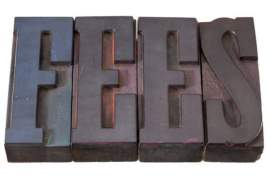
Cuno Engineering v. Automatic Devices Corp

Popular In Copyright
Copyright Infringements Copyright Law What Is Copyright Legal Consequences Of Plagiarism Copyright Free Image Florida Prepaid Postsecondary Education Expense Board V College Savings Bank Famous Cases Of Copyright Law Copyright A Book Library Of Congress Copyright Copyright Laws For Motion Pictures Copyright Infringement Punishment Copyright Symbol
Cuno Engineering v. Automatic Devices Corp was brought before the Supreme Court in 1941 after conflicting decisions from the District and Circuit Courts. The District Court ruled the defendant, Mead, did not infringe on the plaintiff Morris' patent by adding a timer and thermostat to an automobile lighter nor did he infringe on a wireless lighter created by the second plaintiff, Metzger.
The Circuit Court ruled Mead's addition did infringe on the original designs. The Supreme Court agreed to hear the case and ruled that the Circuit Court was correct in ruling that Mead did in fact infringe on previous patents because the addition did not involve a flash of genius and merely applied an art.
Case Description
Before a patent was attempted to be obtained by Mead, patents for cigarette lighters in automobiles already existed. The first patent was owned by Morris, who invented the lighter and its functions in automobiles. Metzger then patented the wireless automobile lighter. Mead looked to patent his wireless lighter which automatically ejected once it was hot enough. His use of a thermostat made the automobile lighter easier and safer to use.
The question in the case was whether or not applying technology that already exists to a patented product is means for a patent. The court requires patents to have the elements of a "flash of genius". The thermostat technology had existed for years in things like furnaces. The question for the Supreme Court was whether or not Mead's invention was a flash of genius or was he merely applying an art to an already patented item.
Ruling
The Supreme Court agreed with the Circuit Court and ruled Mead was guilty of patent infringement.
NEXT: Electric Storage Battery v. Shimadzu





















